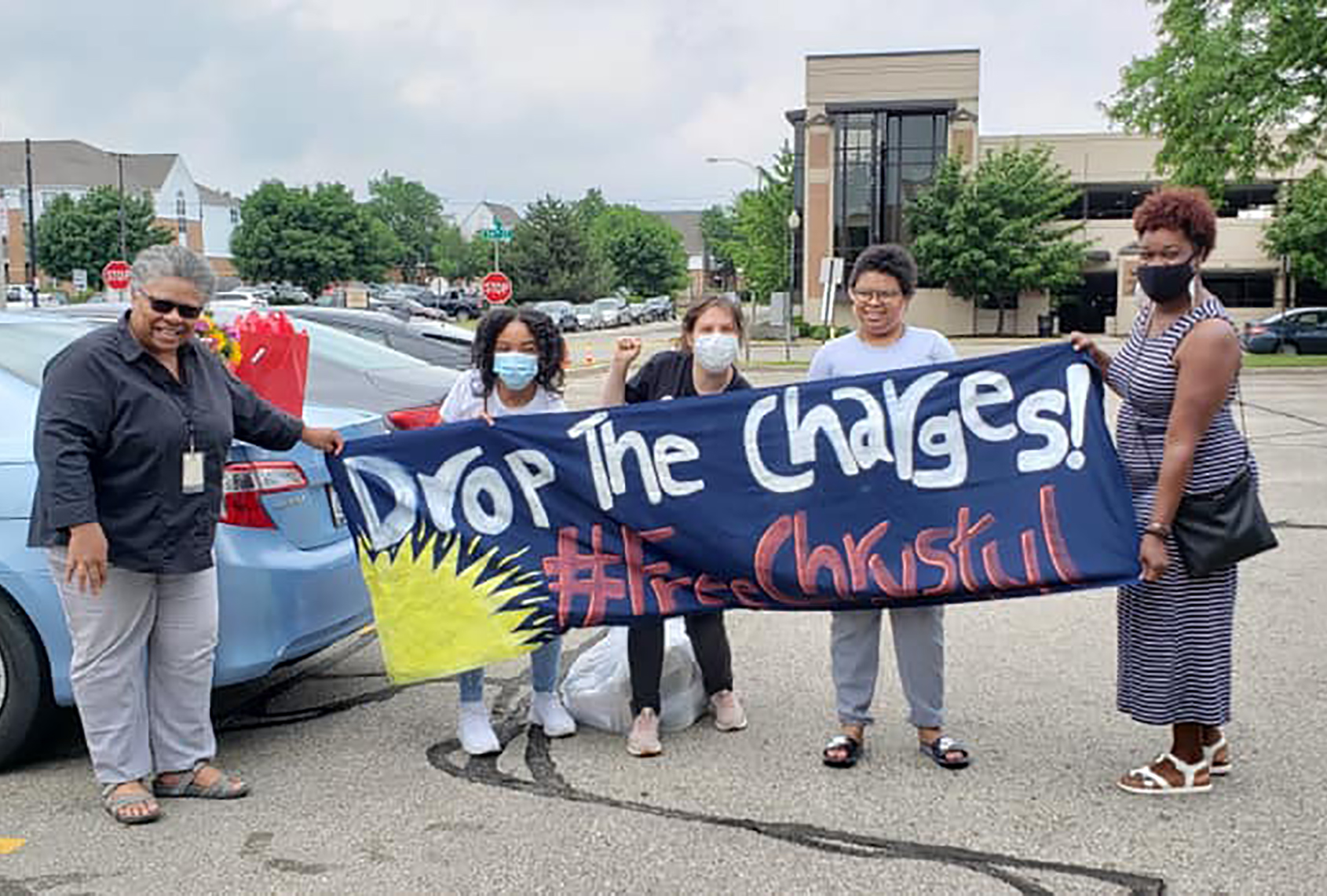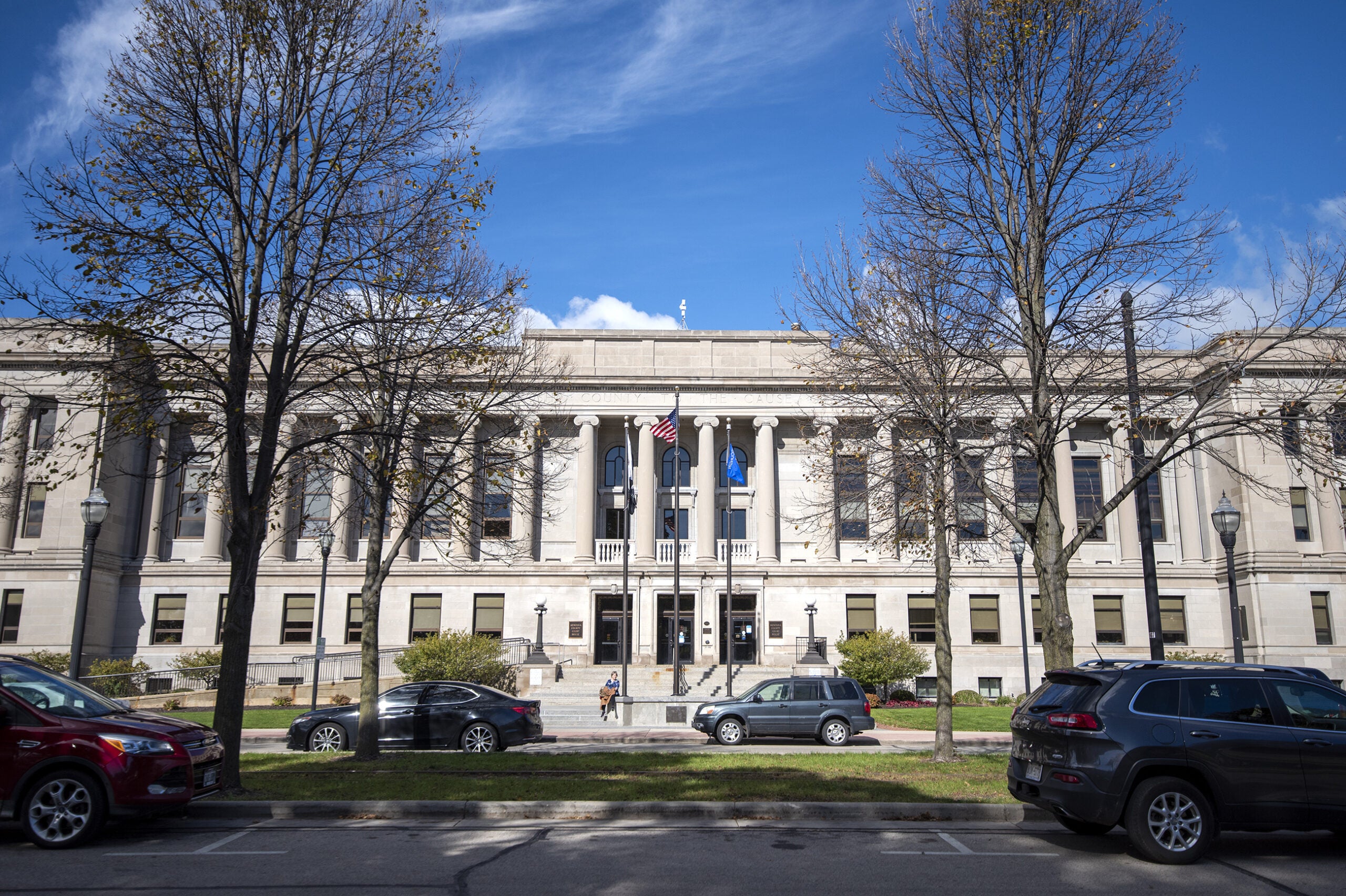This week, a judge sentenced Chrystul Kizer to 11 years in prison followed by five years of supervision for reckless homicide of Randall Volar, the man suspected of trafficking her and other girls. Volar had been under investigation by the Kenosha Police Department for sexual abuse of minors when he was killed.
Kizer’s case has garnered international attention, highlighting how the justice system addresses victims of sex trafficking.
Claudine O’Leary, an independent consultant for survivors of human trafficking with Rethink Resources who worked with Kizer’s defense team, told WPR’s “Wisconsin Today” she was “deeply saddened” by the sentence.
Stay informed on the latest news
Sign up for WPR’s email newsletter.
Kizer’s defense team called upon O’Leary to put together resources for sex trafficking survivors and community organizations willing to support Kizer if she were to be released into the community.
In a written statement, Kizer told the court about her life, including abuse she experienced at home, how she met Volar on the now-defunct website Backpage and how Volar then abused her and trafficked her to other men.
“Chrystul was so open in the letter that she read out openly in court … (and) it didn’t seem like the judge listened at all,” O’Leary said. “They did not take that into consideration.”
In 2022, a court ruled a 2008 Wisconsin law that absolves sex trafficking victims of crimes committed while being trafficked could be applied in Kizer’s case — meaning she would not be held liable for Volar’s death.
But Kizer and her defense team ultimately opted to accept a plea deal to avoid facing a possible life sentence.
“I think about all of the people who harmed Chrystul who are walking free today. There are individual men in southeastern Wisconsin who paid to sexually abuse Chrystul. They’re walking free. Only Chrystul is being held responsible,” O’Leary said.
O’Leary pointed to a 2019 report put out by the state Justice Department which notes that in 2018, 24 different police agencies in the state arrested minors for prostitution — but did not record incidents of human trafficking during the time of those arrests.
Current Wisconsin law allows minors to be charged with prostitution. A “Safe Harbor” bill to prevent this practice has been considered but not passed in the state legislature.
O’Leary worries the result in the Chrystul Kizer case will foster further mistrust of the justice system among victims of sex trafficking.
“We’ll definitely continue to strive to support her while she’s incarcerated,” O’Leary said. But “when you’re incarcerated, you’re just trying to make it through. You just go into survival mode. And to be honest, that’s all Chrystul’s ever known, is survival mode.”
Wisconsin Public Radio, © Copyright 2025, Board of Regents of the University of Wisconsin System and Wisconsin Educational Communications Board.

